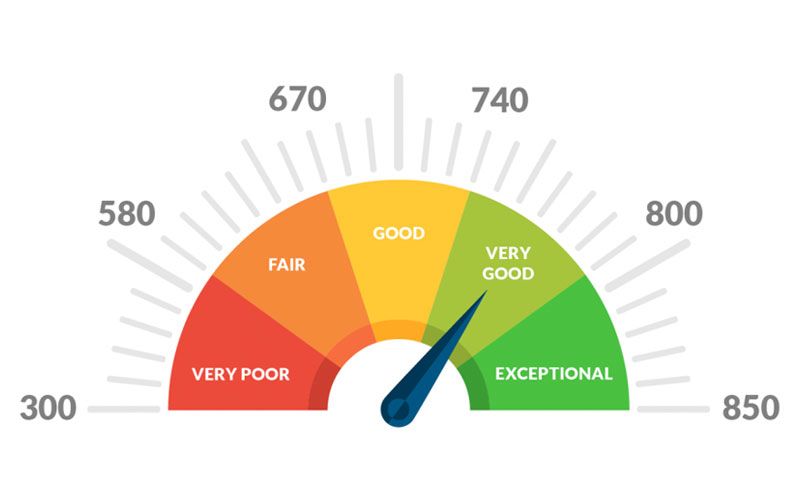Simply put, your credit score is a reflection of how you spend your money and shows your financial planning which will shape your future. The higher your number is, the more likely you are to get better terms on loans and credit cards. A lower score will act as a roadblock in your financial journey. Many factors work together to contribute to your credit score. Let’s dig deep into this and understand what exactly these are and how they play a role in your future.
Credit Utilization
This represents the proportion of your credit card balances in relation to their respective credit limits. Lenders refer to this to assess whether you’re staying below 30%, indicating responsible credit management. If you go above 30%, it might signal financial strain or excessive spending habits and may affect your score.
Payment History
Here you show your financial track record. Are you paying your dues on time or not? If yes, you are in the good books of the lender.Abhay Bhutada, Poonawalla Fincorp’s MD feels that repayment history is a crucial part of your credit report. If you are late on your payments, it could get your score down which will make you look like someone who is less dependable.
If you don’t have a payment history, that is totally fine. Vivek Chopra who is COO of Retail Business at Tata Capital believes that being a new borrower won’t affect your credit score and you can grow your score and make it better over time. To do that, you need to pay your dues on time, limit load inquiries, file every error, and try to use a mix of credit options. They will help you get a good score in case you don’t have a payment history.
Types of Credit
Lenders would love you if your record had a bit of diversity in it. Credit cards, installment loans, and mortgage tracks are few to name. This gives the lender confidence that you can pay your dues and be responsible for it. But this should also be on a moderate level, going overboard with this might work against you.
Public Records
You cannot hide your past. Bankruptcies, tax liens, and court-ordered collections make a significant difference in your credit score. While they are open in public, they can affect your chances of getting a good credit score and loans with favorable terms. Having a clean chit will go a long way in determining your credit score. Maintaining a good public record is crucial to give your lenders the confidence that is required while borrowing money. Resolving the issues, addressing them, and being alert about the inaccuracies will also help in building a good score.
New Credit Inquiries
Your every inquiry for new credit is recorded on your credit report. Many inquiries in a short span of time might raise alarms in the lender’s mind. It might be portrayed as you being in some sort of financial crisis. Limit your number of new credit inquiries, especially if you are planning to go for something as big as a mortgage. This will help you get a good credit score and eventually favorable terms and conditions on your loans.
Conclusion
To maintain a good credit score, you need to be mindful of your financial habits. As per Abhay Bhutada, you need to be aware of how your credit is doing, make sure everything is in order, and a lot more. This is basically a financial report card and you need to be aware of all the mistakes you are making and if you spot any, rectify or report them. Be aware of your payment history, credit utilization, and credit mix, and all your financial opportunities will be easily achieved.
